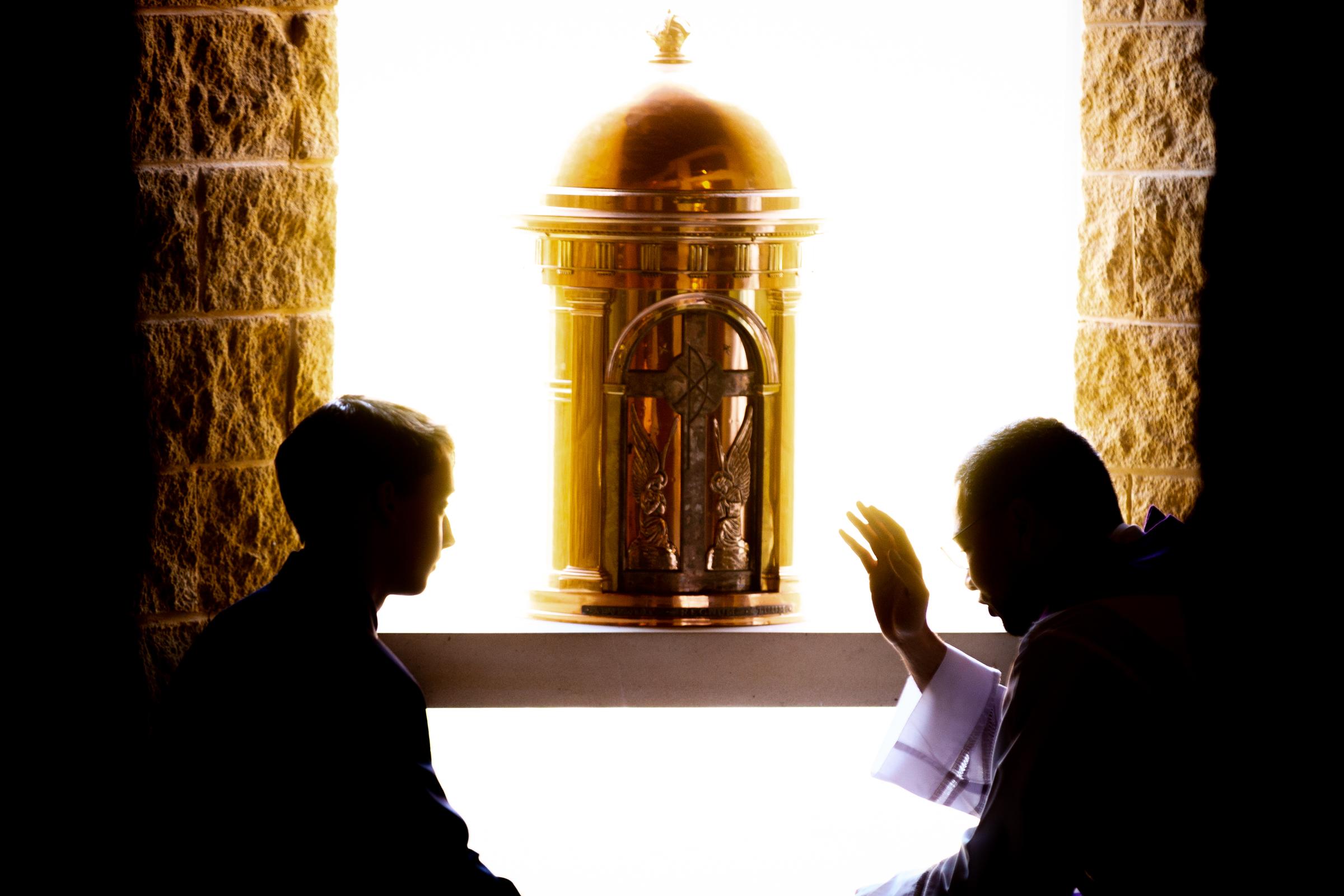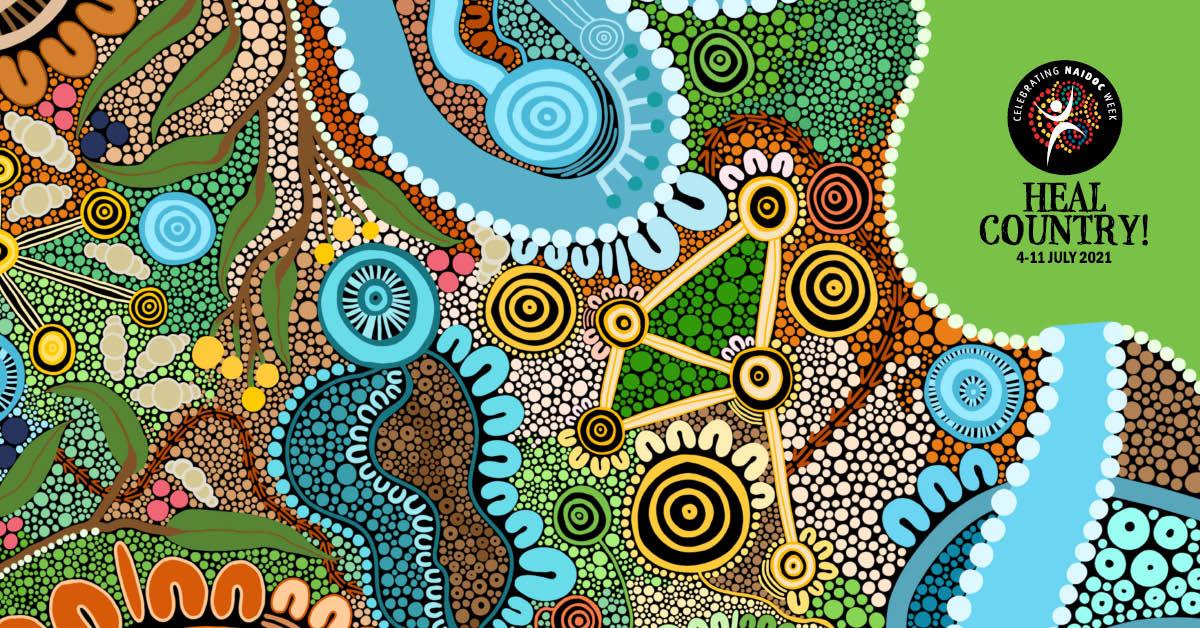Liturgy

Community Mass
We begin Community Mass again on Friday 22 July, as the new term gets underway and mornings become brighter. Parents are always welcome to attend the joyful Friday morning liturgies where students, parents, staff and friends gather as a family in Christ. After Mass finishes, around 8:30am, the celebration continues with coffee in the Circle of Friends Café.
Community Mass details
- College Chapel
- Fridays in term time
- Starts: 8:00am and concludes 8:30am
SACRAMENT PROGRAM
It has been wonderful to see many Year 4 students receive Communion in College Masses, after having celebrated their First Holy Communion in their parish.
Thank you to families of children in Years 3, 4 and 6 for enrolling the students in the parish sacrament programs.
Further information regarding 2021 Sacrament programs available from:
- Archdiocesan website;
- College website here
- Mary-Anne Lumley mary-anne.lumley@cew.edu.au OR 08 9383 0513
GOOD NEWS for NAIDOC WEEK
NAIDOC Week commences this weekend, and many Catholics will begin the week with parish celebrations on Sunday, which is named ‘Aboriginal & Torres Strait Islander Sunday’.
Jesuit, Father Andrew Hamilton, offers a thoughtful reflection on NAIDOC Week and its 2021 theme, ‘Heal Country’, and the following section is reprinted with kind permission. As well as being a theologian and writer, Fr Andy is also the Media Officer for Jesuit Social Services.
This year the theme of the National Aboriginal and Islander Day Observance Committee (NAIDOC) Week is short, sharp and challenging. It is ‘Heal Country!’ It calls on all of us to continue to seek greater protections for our lands, our waters, our sacred sites and our cultural heritage from exploitation, desecration, and destruction…
…The theme of NAIDOC Week this year takes up an issue of concern to all Australians - the protection of country and cultural heritage. It comes at a time when the prevailing apathy, carelessness and vandalism about the destruction of sites central to Indigenous culture and history has been challenged. The reaction to the destruction of the Juukan Gorge caves in Western Australia aroused amazement and outrage outside Australia, and cost Rio Tinto and its investors reputation, money and the service of prominent office holders. Similar threats to heritage on Fortescue claims and on the Burrup Peninsula have also aroused widespread comment and will be difficult to ignore. The protests and publicity given them have shaken the insouciance of Australians to the importance of its history, revealed most strikingly in the blindness to the importance of preserving the national archives. An ancient Roman observer of these things might well suspect that the barbarians had taken over the Empire.
That is why the theme of NAIDOC Week is so timely. Heal Country has many meanings. It can mean healing a country sacred to its people which has been vandalised by exploitation. It might also mean healing a divided nation which treats its original people so disrespectfully. At a deeper level, it might mean healing a blindness and lack of respect for what should be sacred. This blindness sees human beings as no more than individuals in a competitive economy, ignoring their personal value and the complex and subtle relationships through time and space that shape them. It shows a lack of respect in particular for the relationship to environment, which puts at risk the future of all Australians through global warming.
At Jesuit Social Services we are committed to all those exacting forms of healing, both of ourselves and of our society. The many Indigenous Australians among our staff and those with whom we work are our teachers and inspiration as we walk this path to a greater respect.
The naming of the week and its emphasis belongs to the Aboriginal and Islander communities. But attending to the theme is the business all Australians, not simply the Indigenous. It is about forming the respectful and decent relationships that engender pride within communities. The Week is a time for engaging with one another and for recognising and celebrating the many ways in which pride has been built in Indigenous communities. It is also time to press that governments and other institutions show in their relationships to people and to the environment the respect which opens out to healing.
© Andrew Hamilton


